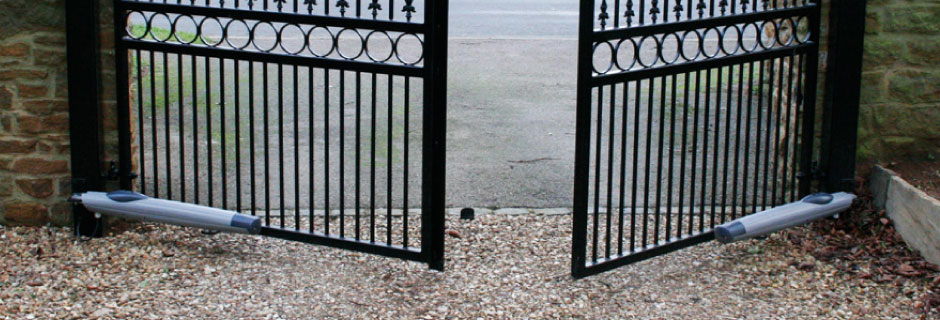What We do and Services Offered
Kape-win is an engineering and consultancy firm offering its expertise to private,
public and non-governmental organizations. We offer services aimed at strengthening both individual and organizational satisfaction
of our clients. Our total commitment is geared towards satisfaction, profitability and total quality management.
Kape-win offer a variety of engineering services .The following are examples of the areas we deal with amongst a host of others.

Lifts inspection
We provide a high level of technical expertise in lift technology, recognized by the Ministry of labour and health services(DOSH) made available to clients across East and Central Africa. We completely understand the standards and regulations, supported by the industry thus optimizing lift verification processes & integration in buildings

Door Automation
We are your one stop experts for all types of automated door solutions.We service all types of makes and models, including residential, commercial, institutional and industrial, we provide a quality, fully mobile service for door installations - using quality, trusted products.

Cranes inspection
We are dedicated to crane safety. Our highly trained inspectors perform crane inspections worldwide. Whether it is an offshore crane, an offshore wind turbine jacket or an offshore access system, we independently inspect and certify it. Upon request, a specific inspection program can be drawn up in accordance with the requirements.

CCTV Installations
CCTV is a great way of enhancing security at your home or business.Not only does it allow you to keep a watchful eye on your property and loved ones, more importantly it acts as a visual deterrent to deter potential intruders thinking of entering your property.Whatever your CCTV requirements, Kapewin has the technical resources and expertise to professionally install a wide range of high quality CCTV Systems at your home or business

Cradle Inspection
Inspection provides a confirmation of the load-carrying capacity of fixed-access cradle systems, helping to ensure that they operate within the required tolerances essential for confident and safe operation. Should any issues arise during inspection, we can advise on the best course of action

Tracks-loader Inspection
All tracks should be of the same pattern and type as originally delivered. Tracks shall have no tears or gouges. All tracks shall have a minimum of 50% remaining wear.

Forklifts Inspection
Industrial lift trucks must be inspected prior to each workshift of use. A daily inspection checklist must be completed and any defects should be reported and corrected immediately. DO NOT USE any equipment if any defects are found during the inspection.

Gantry Crane Inspection
Having an annual compliance inspection does not make you compliant. Regulations in most countries, and industry best practices, require much more. Regulations often require preventive maintenance, repairs to address deficiencies, lifetime inspections, general overhauls, engineering evaluations and load tests.

Steel ropes Inspection
A competent person must begin a visual inspection prior to each shift the equipment is used, which must be completed before or during that shift. The inspection must consist of observation of wire ropes (running and standing) that are likely to be in use during the shift for apparent deficiencies.

Tackles Inspection
A block and tackle is characterized by the use of a single continuous rope to transmit a tension force around one or more pulleys to lift or move a load. Its mechanical advantage is the number of parts of the rope that act on the load. The mechanical advantage of a tackle dictates how much easier it is to haul or lift the load.

Air Receivers
An air receiver is probably the most common type of unfired pressure vessel. Air receivers will be installed in any facility requiring a reservoir of compressed air. The inspector will review the jurisdiction's inspection requirements to ensure compliance with the appropriate size and pressure limitations.

Scaffolding
Scaffolds are widely used on site to get access to heights and areas that would be otherwise hard to get to. Unsafe scaffolding has the potential to result in death or serious injury. Scaffolding should be inspected: after installation/before first use, at least every week, every time after adverse weather conditions like high wind which can affect a scaffold's structural integrity.





